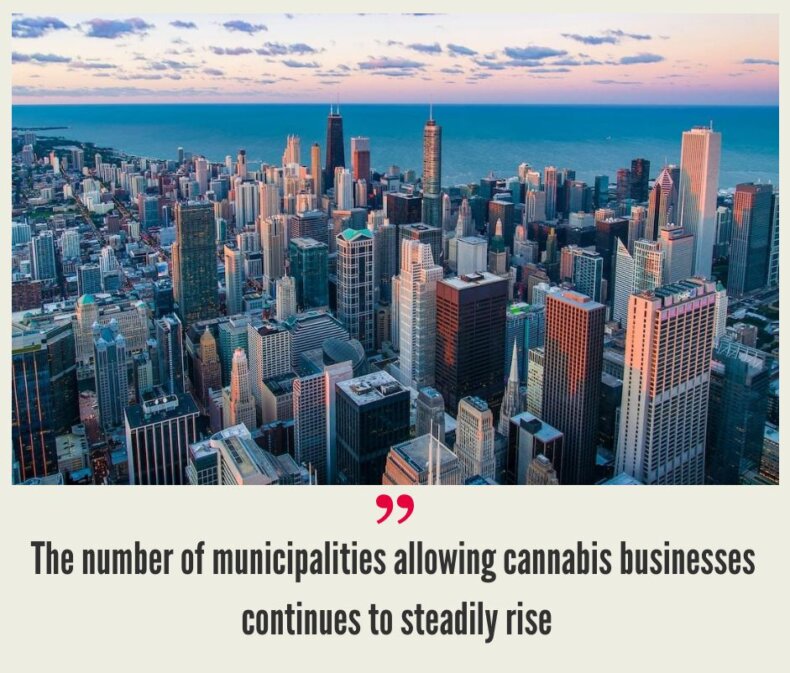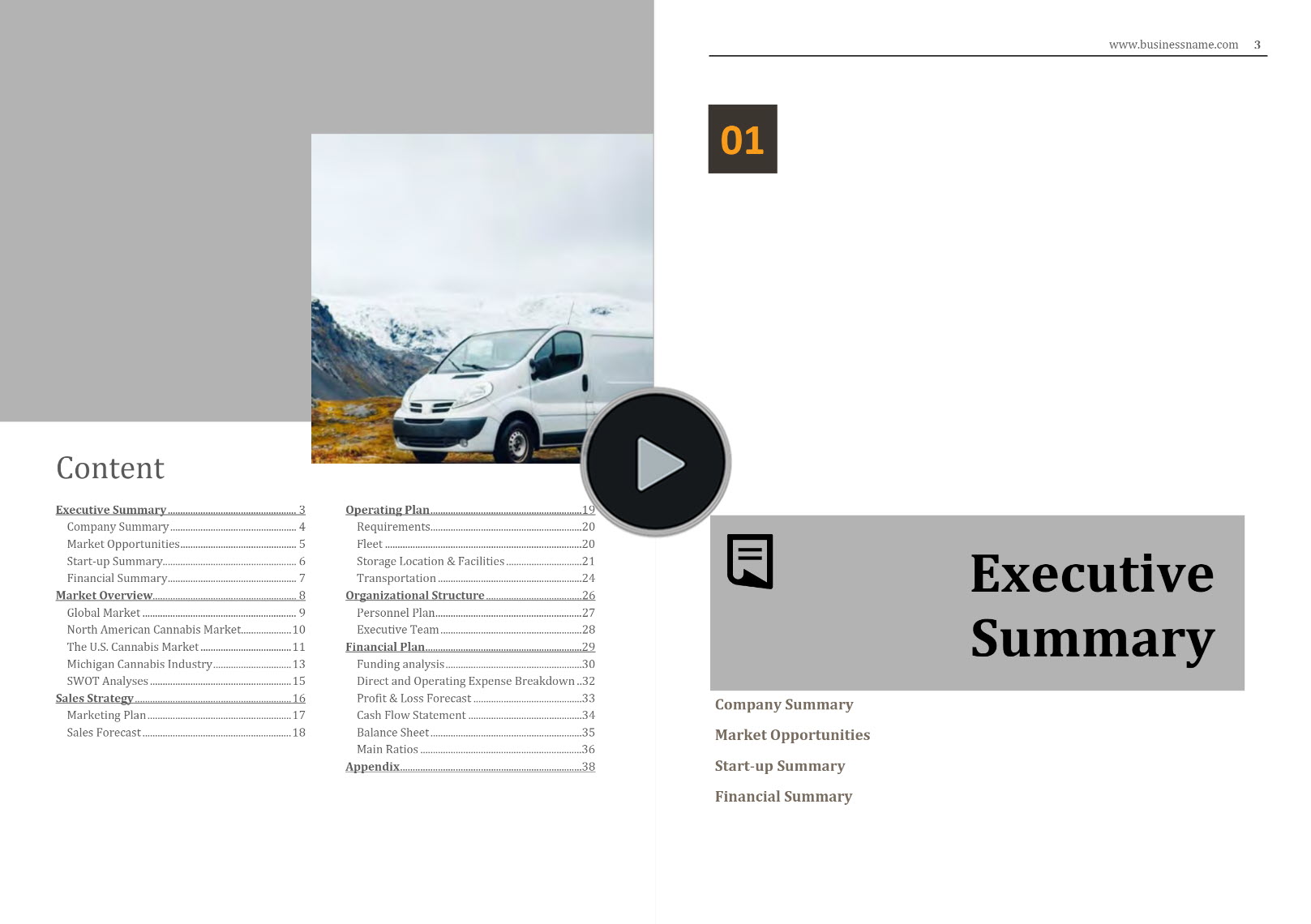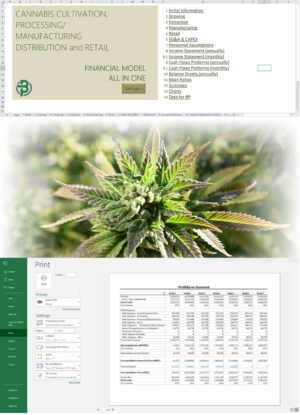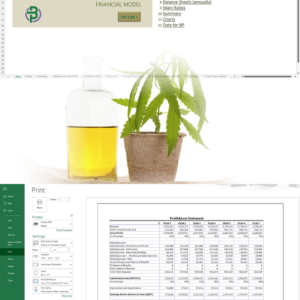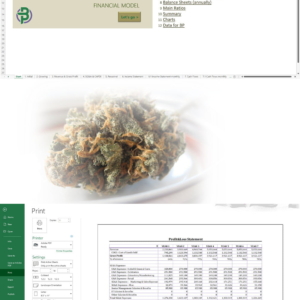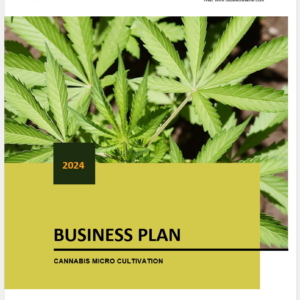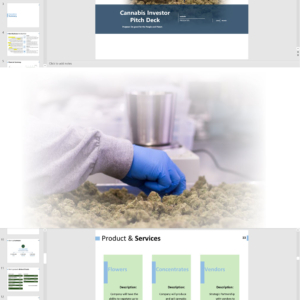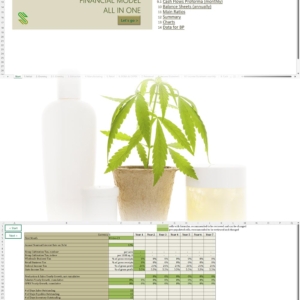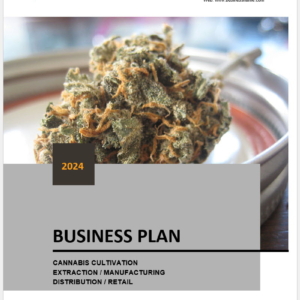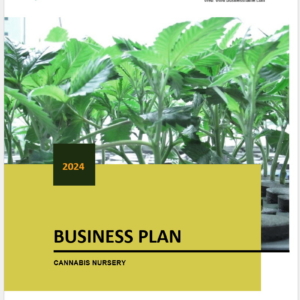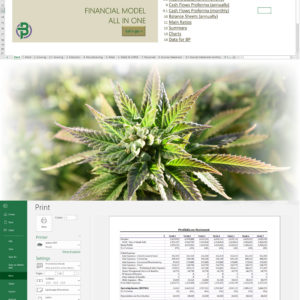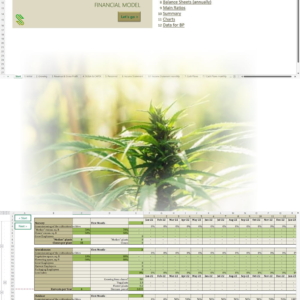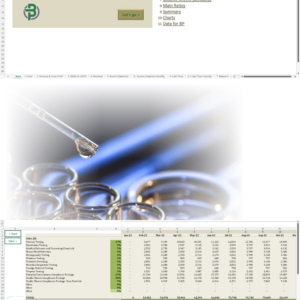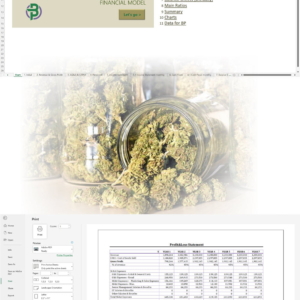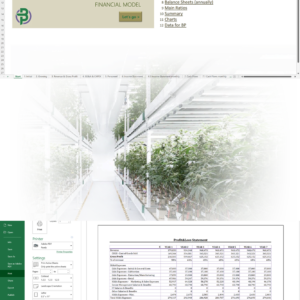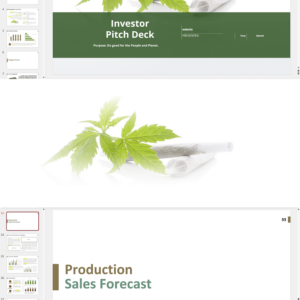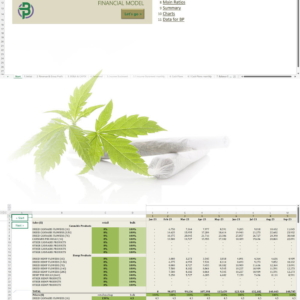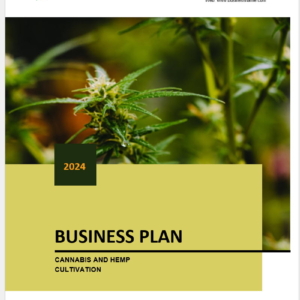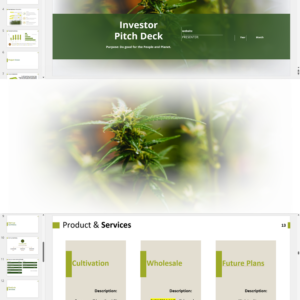- Understand regulatory and legal requirements. Do market research.
Research the laws and regulations governing adult-use or medical-use cannabis for more information about the regulatory requirements for licensure in the city or town you wish to operate.
The Cannabis Regulatory Agency (CRA) regulates the state’s medical and adult-use cannabis facilities and establishments in accordance with the Medical Marihuana Facilities Licensing Act (MMFLA) and the Michigan Regulation and Taxation of Marihuana Act (MRTMA) and their associated administrative rules.
Michigan Cannabis Legalization
Michigan first legalized medical cannabis in 2008. On November 6, 2018, initiative to legalize recreational use (the Michigan Regulation and Taxation of Marihuana Act) passed with 56% of the vote with the first legal sales began in December 2019.
Michigan cities and towns can ban cannabis businesses or set their own licensing rules. Some municipalities in the state have decided not to allow stores to open, but more municipalities are allowing retail sales.
Legal cannabis retail sales in Michigan are expected to exceed $3 billion in 2023 and the state to rank second only to California in annual sales of recreational and medical cannabis last year.
- Decide the type of cannabis business. Choose a location. Check local zoning regulations.
Cannabis Licenses Types available in Michigan
“A licensee that is a commercial entity located in this State that cultivates, dries, trims, or cures and packages cannabis for sale to a processor or provisioning center.”
Class A: 500 plants – Class B: 1,000 plants ‐ Class C: 1,500 plants.
The excess marijuana grower is a special license type that allows a licensee holding five adult-use marijuana class C grower licenses and at least two medical marijuana class C grower licenses to grow additional adult-use marijuana plants in increments of 2,000 additional plants per excess marijuana grower license.
License fees (initial and renewal):
Class A – $1,200; Class B – $6,000; Class C – $24,000; Excess Marijuana Grower – $24,000.
“A licensee that is a commercial entity located in this State that purchases cannabis from a grower and that extracts resin from the cannabis or creates a cannabis infused product for sale and transfer in packaged form to a provisioning center.”
License fees (initial and renewal): $24,000.
“A licensee that is a commercial entity located in this State that purchases cannabis from a grower or processor and sells, supplies, or provides cannabis to registered qualifying patients, directly or through their registered primary caregivers. The term includes any commercial property where cannabis is sold at retail to registered qualifying patients or registered primary caregivers. A noncommercial location used by a primary caregiver to assist a qualifying patient connected to the caregiver through the marijuana registration process of the Department of Licensing and Regulation in accordance with the Michigan Medical Marijuana Act will not be a provisioning center for purposes of the Licensing Act.”
Retailer license fees (initial and renewal): $15,000.
“A licensee that is a commercial entity located in this State that stores cannabis and transports it between cannabis facilities for a fee.”
License fees (initial and renewal): $15,000.
“A licensee that is a commercial entity that receives cannabis from a cannabis facility or registered primary caregiver, tests it for contaminants and for tetrahydrocannabinol (THC) and other cannabinoids, returns the test results, and may return the cannabis to the facility.”
License fees (initial and renewal): $15,000.
“A licensee that is a commercial entity located in this State that operates a commercial space that is licensed by the MRA and authorized to permit adults 21 years of age and older to consume marijuana and marijuana products on premises. A Designated Consumption Establishment license does not allow for sales or distribution of marijuana or marijuana product, unless the license holder also possesses a Retailer or Microbusiness license.”
License fees (initial and renewal): $1,000.
“This application is intended for applicants seeking to hold temporary marijuana events. A marijuana event organizer license is required in order to apply for temporary marijuana event licenses.”
License fees (initial and renewal): $1,000.
“A licensee that is a commercial entity located in this State that cultivates up to 150 plants (300 plants for a Class A Microbusiness License), process and create cannabis-infused products from those plants; and sell cannabis and cannabis-infused products that are produced by the microbusiness to adults age 21 and up”
License fees (initial and renewal): $8,300.
Class A: $18,600.
There is a nonrefundable $3,000 application fee for prequalification.
Cannabis Delivery in Michigan
Both medical and recreational cannabis may be delivered in Michigan by cannabis retailers to customers’ physical residence or an adult-use designated consumption establishment, aka social lounges that allow smoking and vaping.
- Develop a solid cannabis business plan. Secure financing.
Begin researching and writing the operational plans for your business – you’ll need these plans later when you submit your application to the Commission. All plans must be compliant with adult-use or medical-use regulations.
Some plans include, but are not limited to: a business plan, a diversity plan, a security plan, a plan for positive impact, and a plan to remain compliant with local codes and ordinances. Each plan should be tailored to your application and include items required in the regulations.
'70% ready to go' business plan templates
We offer a wide range of '70% ready-to-go' cannabis business plan templates that will help you prepare a professional cannabis business plan document supported with expert financials and an investor pitch deck. All our templates are completely open and editable and you can use Word, Excel and PowerPoint to work with them.
- Application for prequalification. Pre-licensure inspections.
The first step of the adult-use marijuana establishment application process is prequalification. The main applicant and each supplemental applicant must submit prequalification applications. During prequalification, background checks are completed on the main applicant and all supplemental applicants. The following documents are due at the time of application submission:
- Attestation 1-A –Acknowledgment, Agreement, & Consent
- Attestation 1-B –Verification & Affidavit of Full Disclosure
- Attestation 1-C –Authorization to Release Information
- Attestation 1-D –Acknowledgment of Federal Law & Release of Liability
- Attestation 1-E –Confirmation of Tax Compliance
- Acknowledgment of Attestations (signed and notarized)
- Copy of Governing Documents (e.g., Operating Agreement, Bylaws)
- Certificate of Good Standing
- Approval to Conduct Business Transactions in Michigan (if applicable)
- Certificate of Assumed Name (if applicable) (obtained from LARA Corporations Division)
- Copy of Organizational Structure (required for main entities; not required for supplemental entities)
- Authorizing Resolution
- Social Equity Plan (required for main entities; not required for supplemental entities)
- Copy of Marijuana Licenses (if applicable)
- Summary of Facts and Circumstances Concerning License Denial, Restriction, Revocation, Suspension, or Nonrenewal (if applicable)
Copy of Notice of Tax Liability Due (if applicable)
Copy of Litigation Documentation (if applicable)
The physical cannabis establishment must pass an inspection by the CRA within 60 days of submission of a complete application.
After the main applicant and all supplemental applicants have successfully achieved step 1 prequalification, the main applicant can submit step 2 establishment license applications for all adult-use marijuana establishment state licenses it seeks to hold. During the step 2 process, the Cannabis Regulatory Agency (CRA) vets the proposed marijuana establishment. The following documents are due at the time of application submission:
- Attestation 2-A –Acknowledgment & Consent to Investigations, Statute & Rule Compliance
- Attestation 2-B –Interest & Experience Attestation
- Attestation 2-C –Confirmation of Section 6 Compliance
- Attestation 2-D –Confirmation of Insurance
- Acknowledgment of Attestations
- Copy of Certificate of Use and Occupancy
- Copy of deed or lease agreement
- Copy of proof of financial responsibility (e.g., insurance policy, constant value bond)
- Copy of marijuana business location plan
- Copy of floor plan
- Copy of business plan
- DBA documentation (if applicable) (obtained at county-level)
- Certificate of Assumed Name (if applicable) (obtained from LARA Corporations Division)
- Register your business as an employer and a tax payer.
- Keep track of your ongoing compliance requirements.
Physical security measures, good production practices, packaging, labelling, transport and reporting requirements, taxes and more.
Michigan Cannabis Taxes
The Michigan Regulation and Taxation of Marihuana Act (MRTMA) imposes an excise tax of 10% on retail cannabis sales in addition to a 6% sales tax. Both the Marihuana Retailers Excise (MRE) Tax of 10% and sales tax of 6% are administered by the Department of Treasury.
Main steps in short
- Understand regulatory and legal requirements. Do market research.
- Decide the type of cannabis business. Choose a location. Check local zoning regulations.
- Develop a solid business plan. Secure financing.
- Application for prequalification. Pre-licensure inspections.
- Establishment license applications.
- Register your business as an employer and a tax payer.
- Keep track of your ongoing compliance requirements.
Cannabis Transportation Business Plan Sample, Michigan
Hemp CBD business plan templates are available at hempcbdbusinessplans.com.
